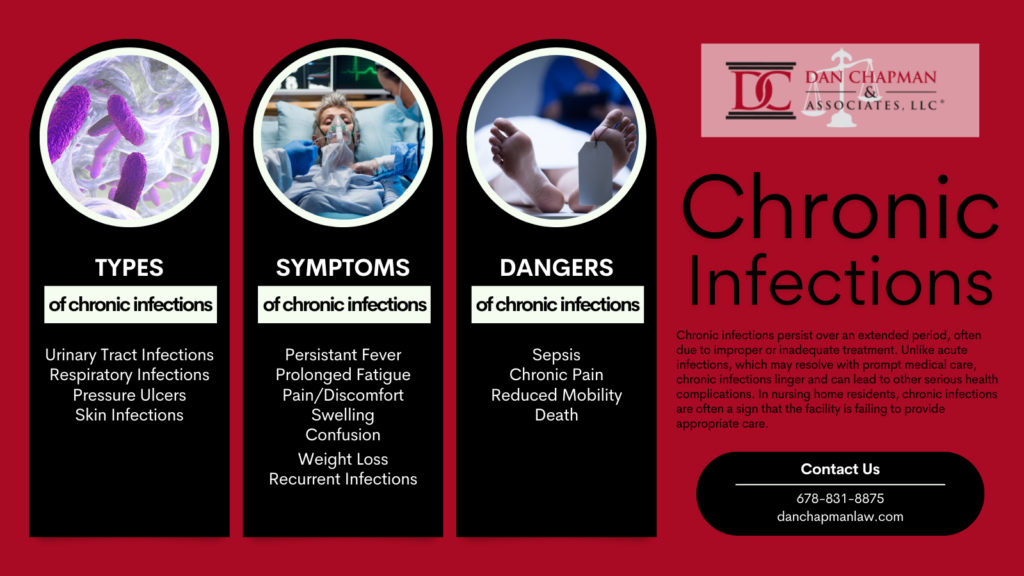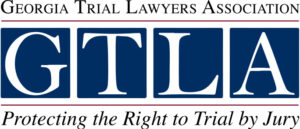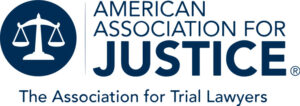Chronic Infections in Conyers Nursing Homes
Unexplained Injuries in Conyers Nursing Homes

When you entrust a nursing home with the care of your loved one, you expect them to receive the highest standard of care. Unfortunately, that’s not always what happens. Chronic infections in nursing homes are often prevalent – and can be a red flag for neglect. If your loved one lives in a Conyers nursing home or other long-term care facility and is suffering from an infection, it’s essential to understand when an infection is a chronic issue, when it’s a red flag of neglect, and what you can do about it.
We hold nursing homes accountable when their negligence leads to a resident’s serious injury or death. Contact us at 678-831-8875 or fill out our contact form and someone will be in touch.
What Are Chronic Infections?
Chronic infections persist over an extended period, often due to improper or inadequate treatment. Unlike acute infections, which may resolve with prompt medical care, chronic infections linger and can lead to other serious health complications. In nursing home residents, chronic infections are often a sign that the facility is failing to provide appropriate care.
Types of Chronic Infections That Indicate Neglect
Several types of infections are particularly concerning when they become chronic in nursing home residents:
- Urinary Tract Infections (UTIs): Frequent or untreated UTIs can lead to kidney damage and sepsis. UTIs are often preventable with proper hygiene and catheter care.
- Respiratory Infections: Chronic respiratory infections, such as pneumonia, can indicate that a resident is not adequately monitored, especially if they are bedridden or have difficulty swallowing.
- Pressure Ulcer Infections: Bedsores or pressure ulcers that become infected and do not heal properly are a clear sign of neglect. These infections can lead to severe complications, including bone infections (osteomyelitis) or death.
- Skin Infections: Conditions like cellulitis or fungal infections that persist or worsen over time can indicate poor hygiene or failure to treat minor injuries promptly.
Signs and Symptoms of Chronic Infections
Recognizing the signs of chronic infections in your loved one is crucial. Symptoms may include:
- Persistent fever
- Prolonged fatigue and weakness
- Pain or discomfort in specific areas (e.g., abdomen, chest, or skin)
- Swelling, redness, or warmth around an infection site
- Changes in mental status, such as confusion or lethargy
- Unexplained weight loss
- Recurrent infections or prolonged recovery times
The Dangers of Chronic Infections in Nursing Homes
Chronic infections can lead to severe, long-term consequences for nursing home residents. Without timely and adequate treatment, these infections can cause:
- Sepsis: A life-threatening response to infection that can lead to organ failure and death.
- Chronic Pain: Persistent infections can result in ongoing pain and discomfort, reducing the quality of life.
- Reduced Mobility: Infections like pressure ulcers can lead to decreased mobility, making it even more challenging for residents to recover or engage in daily activities.
- Increased Mortality: Chronic infections significantly increase the risk of death, particularly in elderly or medically fragile individuals.
What Should Nursing Homes Be Doing to Prevent Infections?
Nursing homes have a duty to implement and follow strict protocols to prevent chronic infections. Preventative measures should include regular monitoring. Staff should regularly check for signs of infection and address any concerns immediately. Nursing home staff should also help residents maintain good personal hygiene and clean living conditions. Other protocols may include:
- Adequate Staffing: Ensuring enough staff members are available to provide proper care, including repositioning immobile residents to prevent bedsores.
- Prompt Medical Attention: Any signs of infection should be treated quickly and effectively to prevent chronic issues.

In Georgia, chronic infections are a significant concern in nursing homes. Recent reports have shown that a considerable percentage of nursing home residents suffer from chronic infections, with many cases linked to neglect or inadequate care. Unfortunately, these statistics highlight the need for increased oversight and accountability within these facilities.
Legal Recourse: Filing a Chronic Infections Case
If your loved one has suffered from chronic infections due to neglect in a Conyers, GA nursing home, you may have grounds for a legal claim. In Georgia, the statute of limitations for filing a nursing home abuse lawsuit is generally two years from the date of injury or discovery of the injury. To succeed in a chronic infections case, you must prove the following:
- Duty of Care: The nursing home has a responsibility to provide proper care to your loved one.
- Breach of Duty: The facility failed to meet this standard of care, leading to a chronic infection.
- Causation: The breach of duty directly caused or contributed to your loved one’s chronic infection.
- Damages: Your loved one suffered harm, such as physical pain, medical expenses, or emotional distress, because of a chronic infection.
How an Experienced Nursing Home Abuse Attorney Can Help
Navigating a chronic infection case can be complex. An experienced nursing home abuse attorney can help you through every step of the process. Our attorneys can gather evidence, including medical records, witness statements, and expert testimony, to build a strong case; ensure that your loved one’s rights are protected; and pursue justice by holding the responsible parties accountable for their negligence.
Contact Us Today
If you believe your loved one is suffering from chronic infections due to nursing home neglect, don’t wait. Contact our experienced nursing home abuse attorneys for a free consultation. We take cases in the Conyers region and across Georgia. We are committed to fighting for the rights of nursing home residents and ensuring that those responsible for their care are held accountable when their negligence causes harm. Let us help you seek justice for your loved one. Contact us at 678-831-8875 or fill out our contact form.
Request Free Consultation
"*" indicates required fields
CONTACT US FOR FREE
Request Free Consultation
Main Office
900 N. Main St.
Conyers, GA. 30012
Phone: 678-831-8875
Awards and Accolades






